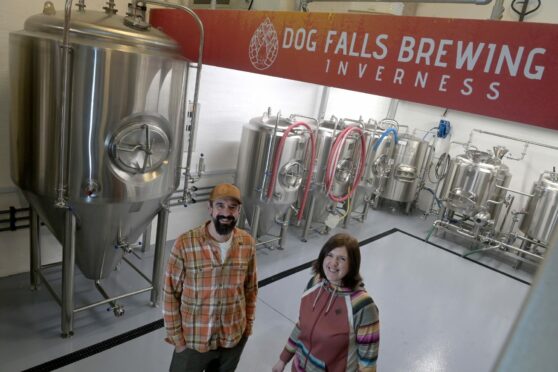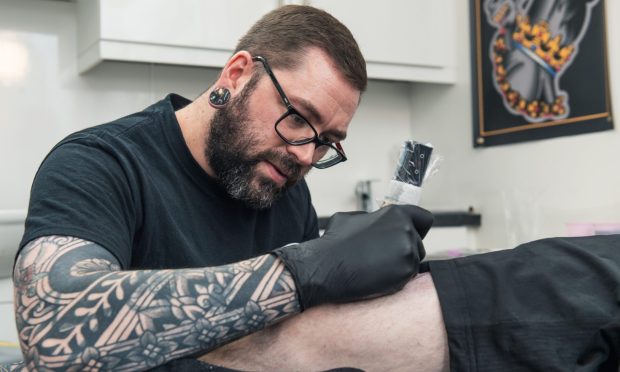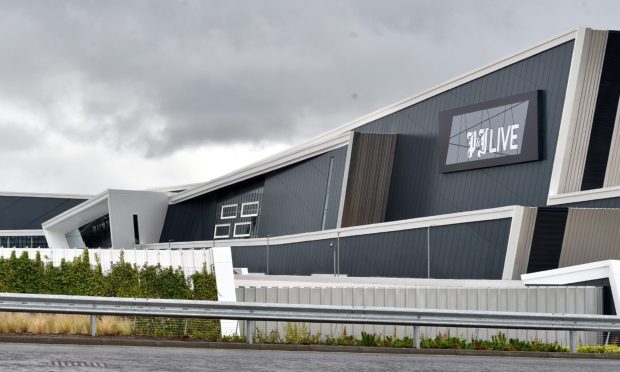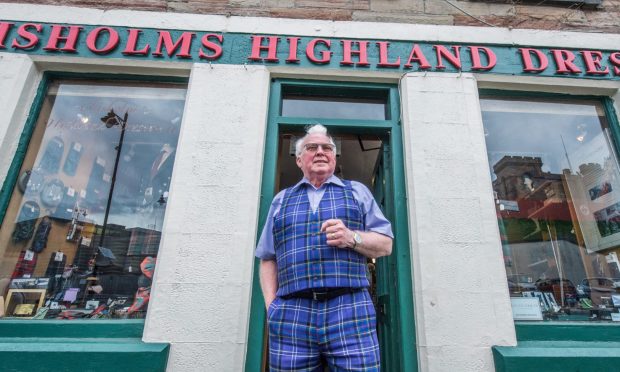More than £35 million of venture capital (VC) was invested into Scottish start-ups during the first quarter of 2020, ahead of the Covid-19 lockdown, according to KPMG’s latest Venture Pulse survey.
The figures, compiled by Pitchbook, show 18 deals worth a total of £35.02m were secured in the first quarter of 2020.
Five of these transactions were in the north and north-east.
Scale-ups that benefited from funding included Ellon-based brewer BrewDog, whisky biofuel firm Celtic Renewables, and a range of technology and pharmaceutical firms exploring pioneering new products.
Professional services firm KPMG said activity in the first quarter remained relatively consistent with the same period in 2019, when a total of 14 deals were secured, valued at more than £40m.
Across the UK, VC investment scale-ups during the first three months of this year were worth a total of £2.6 billion – compared to £2.69bn in a record-setting first quarter of 2019. The volume of deals dropped to 301 from 558 over the same period.
Amy Burnett, manager in KPMG’s private enterprise emerging giants (PEEG) team, said: “Despite a degree of political and economic uncertainty over Brexit, we entered 2020 with Scotland’s scale-ups in robust health.
“2019 was an incredibly positive year, with some record-breaking funding deals – much of that driven by innovative new players in the market, developing new drugs, renewable energy solutions and software.
“While it’s reassuring to see a positive set of results for the first quarter, we’re now in a period of completely unchartered territory.
“The economy is entering a deep recession, with many businesses facing an incredibly uncertain future, and this will naturally create a more cautious funding environment.
“Protecting balance sheets and cash reserves will become the new norm, and that could seriously dent the prospects for early stage businesses that need a firm financial footing to progress from their early development phase.”
KPMG said the VC market was likely enduring a tougher second quarter due to Covid-19, although digital services, education technology, health and biotech companies, among others, “should remain attractive even during the crisis, given their applicability and long-term relevance”.
A recent commitment by the UK Government to invest £1.25bn into initiatives to support innovative businesses may be a key factor in maintaining investor sentiment in Q2 2020 and beyond, the firm added.
The pandemic could lead to an “increasing acceptance for digital solutions”, KMPG said.
It added: “This could bode well for VC investment over the longer term as both traditional companies and consumers will have required and become accustomed to their use, a process that might have been more difficult to achieve under normal circumstances.”
PEEG director Tim Kay said: “The global Covid-19 pandemic and associated restrictions will likely have a significantly adverse impact on global VC investment in Q2 and beyond.
“While investments will continue to be made, we can expect a significant slowdown in volume and a potential resetting of valuations.
“What happens in the medium and long term remains to be seen. Investors may well look to rebalance portfolios with companies they expect to thrive in a recovering post Covid-19 world.
“Many will be monitoring whether the pandemic has permanently shifted the views of larger corporates towards innovative and disruptive technologies.
“If it has, you can expect even more investment into those B2B (business-to-business) companies providing business resilience, mobility and collaboration tools as that market opportunity increases.
“Similarly, many will be looking at what their sector and market look like in the long term – possibly leading to a spate of M&A (mergers and acquisitions) activity as they try to leapfrog the competition in a post Covid-19 world.”










